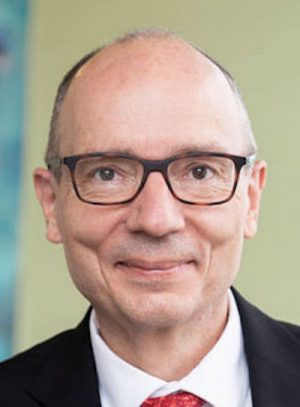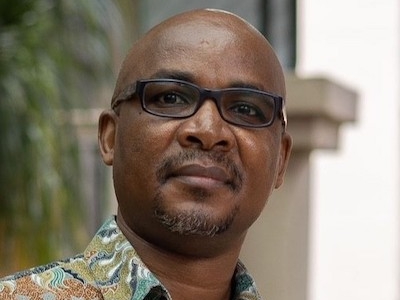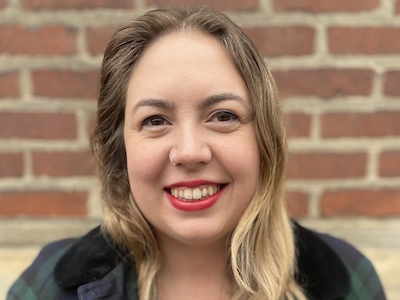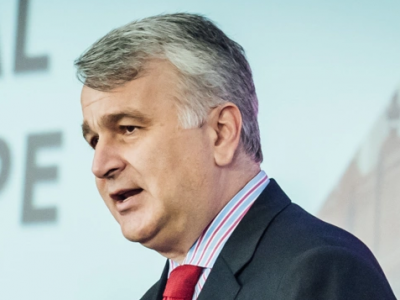A controversial issue in the US is the distribution of philanthropic assets. In light of the inter-related crises that the nation is facing – public health, economic equity, and racial justice – many advocates are calling on foundations and those who hold donor advised funds (DAFs) to accelerate and expand their grantmaking. While many, if not most, donors have voluntarily increased their grantmaking, some advocates are looking for a regulatory intervention so that this “parked wealth” reaches communities in need.
At present, most foundations are required to distribute an amount equal to 5% of their investment assets annually in grants and for other charitable purposes, and the holders of DAFs face no such requirement. One proposal calls upon Congress to impose a 10% pay-out requirement over the next three years.

Read related story: The Dorothy A. Johnson Center for Philanthropy, in the U.S., published “11 Trends in Philanthropy for 2021,” which includes the trend of increased attention to where money flows (and where it doesn’t).
In this debate, it’s important to clarify the likely consequences of any regulatory changes. The Council of Michigan Foundations commissioned a report from the Johnson Center and Plante Moran Financial Advisors (PMFA) to examine this issue. Using a comprehensive database of foundation tax returns, incorporating actual payout rates, and taking into account investment returns, the authors examined how changes to the payout rate may affect future foundation assets. The research showed that foundations generally treat the five percent pay-out rate as a floor, not a ceiling. In fact, “Nearly a quarter of foundations across the nation paid out 15% or more of their corpus in each of the study years 2013-2018.”
In terms of investments, earnings have generally fallen below a 5% annual return. Given that interest rates are unlikely to increase for the foreseeable future, a 10% payout rate would diminish the lifespan of foundations significantly. So, the issue boils down to the question: Does the urgency and uniqueness of the current crises warrant a mandate that might deplete the endowments of most foundations?
Michael D. Layton is the W. K. Kellogg Community Philanthropy Chair at the Dorothy A. Johnson Center for Philanthropy, Grand Valley State University, Michigan. He’s on LinkedIn. Photo from Detroit, Michigan, is courtesy of Arthur Palac and Pixabay.
Next Story in the Series about US Policy
 By
By 


